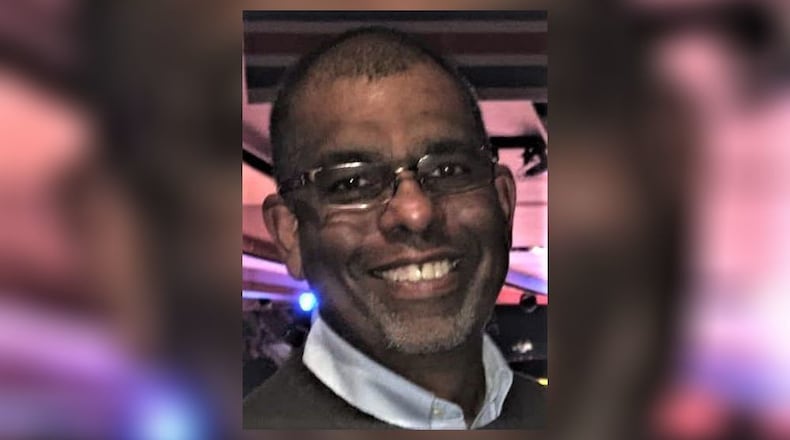Three deaths in a matter of two days took a trio of pillars from the Dayton region. Three people who made our community better.
Margaret Peters. Willie Walker. William “Kip” Moore.
I knew Peters as an educator and historian who wrote about African American history and achievements while fighting for civil rights. For someone so widely known and respected, she didn’t appear on the local news all that much.
But I did come across this from the Dayton International Peace Museum, which describes Peters better than I ever could: “In an interview with the Peace Museum, Margaret said that by understanding what really happened in the past, we could achieve more in the present. Specifically, knowing the accomplishments of our ancestors helps inspire our own achievements. Likewise, the possession of accurate, historical facts about people who are different from us helps us develop positive opinions about them. These conditions contribute to justice and peace.”
When Margaret Peters died, Dayton lost a piece of itself because, in many ways, she was the voice of history. She left us on April 1 at the age of 86.
I met Walker when he came to the Dayton Urban League as CEO in 1985 when I was a reporter at the Dayton Daily News.
He was easy to admire — soft-spoken, direct, and honest. He never shied away from tough issues and met them head-on, with complete transparency and honesty.
That’s how he ran the Urban League and it’s how he was as a person. Over the years I’d see him from time to time, generally at community events, and he always greeted me — well, everyone, really — warmly.
That was Walker, a man who excelled at bringing people together.
He was a man of grace, a leader who would have succeeded in anything he decide to do. What he did made us better because he wanted to make people succeed.
An Urban League video quotes Walker as saying “Legacy is not what I did for myself. It’s what I’m doing for the next generation.” We lost leadership when Walker died on April 2. He was 80.
I wrote about Moore in February 2021 after his colorectal cancer diagnosis. He thought he was getting better, but cancer returned with a vengeance.
Kip always had this big, effervescent smile. He loved to sing. He was good at it and recorded a couple of songs that I wrote years ago. We would meet to drink wine after work, meet for lunch at the Salvation Army, where he was working, and occasionally hung out at his house.
He would call me and ask that I participate in some of his projects. “Hey brother, will you be my speaker at our MLK lunch? Please say yes.” Or “Hey, will you come to play piano at our summer concert series? Please say yes.” And on and on.
I found it impossible to say anything but yes.
I knew he was sick but I didn’t know the extent until a few days before his death. I started to worry because I had called and sent him messages via Facebook and he didn’t respond — very, very unusual.
Then the emails started. Have you heard Kip is sick? Have you heard he’s dying? He only has a few more days.
Ray, Kip’s gone.
Death comes for all of us, and in Moore’s case, it came way too soon. He was just 58 when he died on April 2.
I can’t figure out if I remain sad because the death of someone close to me reminds me of my own mortality, or because friends like him — who see the good in everything and are unflinchingly unjudgmental — are so hard to find.
That’s what we lost in Moore, a friend who was always there when we needed him.
We can’t ignore our icons when they pass, and in the cases of Peters, Walker, and Moore, we need to find ways to honor them so others can learn — and remember — what they meant to us.
Please say yes.
Ray Marcano is a long-time journalist whose column appears on these pages each Sunday. He can be reached at raymarcanoddn@gmail.com.
About the Author
